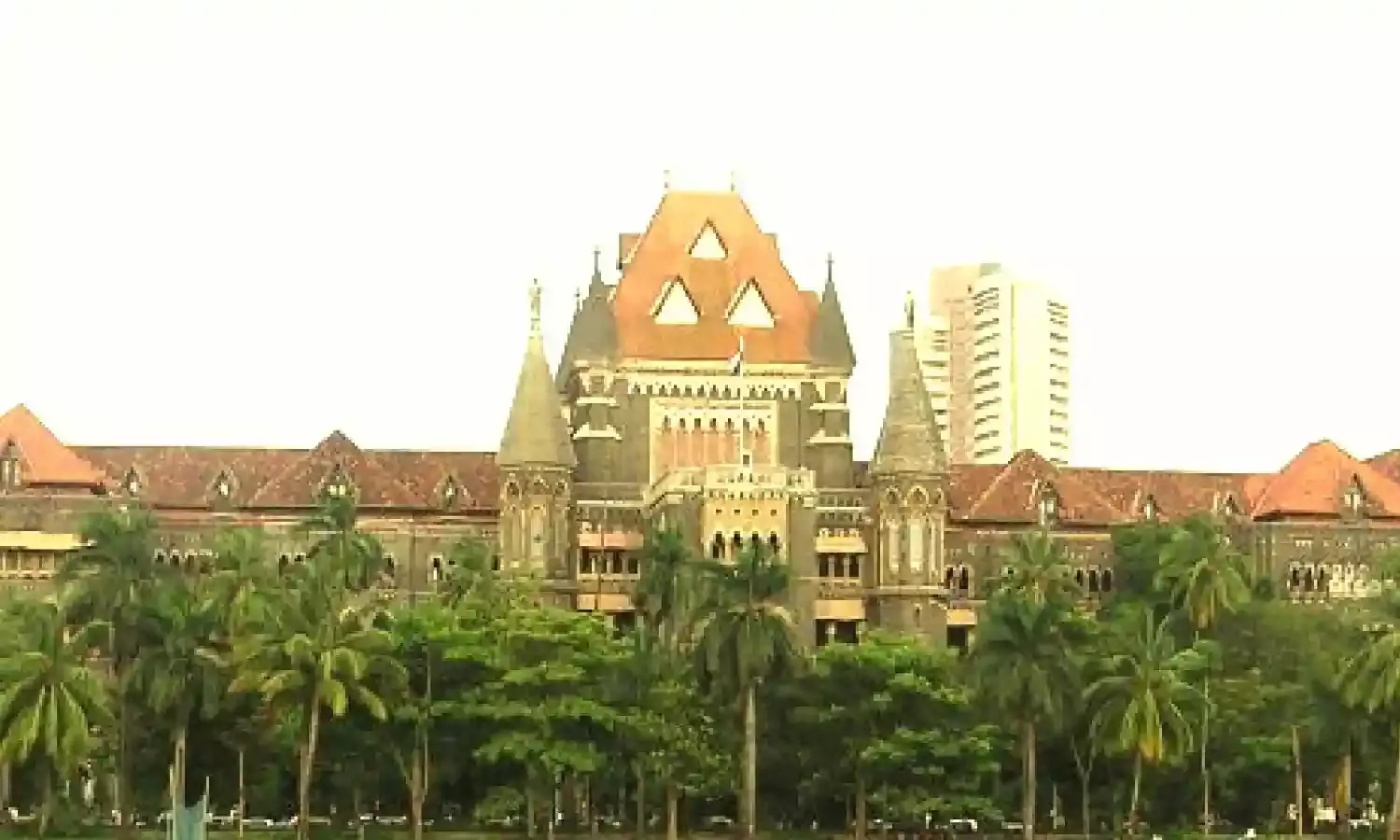A Person Can’t Be Deprived Of Fundamental Right To Travel Abroad Merely Because There Is Dispute About Property Mentioned As Address In Passport Application: Bombay HC

The Bombay High Court held that a person cannot be deprived of fundamental right to travel abroad on the ground that there is a dispute of property mentioned as the address to be included in the passport.
The Court held thus in a writ petition seeking quashing of two orders issued by the Regional Passport Officer who refused to renew the passports of three persons.
A Division Bench comprising Justice A.S. Chandurkar and Justice Firdosh P. Pooniwalla observed, “Even otherwise, in our view, a person cannot be deprived of his/her fundamental right to travel abroad on the ground that there is a dispute in respect of the property which is mentioned in the address given by the applicant for the purposes of including it in the passport. This is more so if, like in the case of the Petitioners, the person actually resides at the said address, and, as in the case of Petitioner Nos.2 and 3, earlier passports have also been issued containing the same address. For this reason also, we are of the view that the ground mentioned by Respondent No.2 for refusing to renew the passports of the Petitioners is totally arbitrary and is liable to be quashed and set aside.”
Advocate Bharti Sharma represented the petitioners while Advocates Y.R. Mishra and Aniesh Jadhav represented the respondents.
In this case, the respective passports of petitioners (three persons) had expired and they had applied for the renewal of their passports. The Regional Passport Officer (RPO) refused to renew the same stating that the address given by them in their applications for renewal of passports was of a room standing in the name of another person and that there was a property dispute in respect of the said room. The said person had raised an objection against getting a passport showing the said address.
Hence, they challenged the orders of the RPO on the ground that the right to issuance/renewal of a passport is a fundamental right guaranteed under Article 21 of the Constitution. They submitted that RPO acted arbitrarily and beyond jurisdiction. They further argued that the RPO ignored the fact that earlier passports were issued to them at the very same address. Hence, a writ petition was preferred before the High Court.
The High Court in view of the facts and circumstances of the case noted, “A reading of the grounds given in Section 6 of the Passports Act clearly shows that the ground mentioned by Respondent No.3 in the impugned orders dated 22nd December 2020 and 23rd December 2020 is not found in Section 6 of the Passports Act. In these circumstances, in our view, by refusing to renew the passports of the Petitioners on the ground mentioned in the said Orders, Respondent No.2 has acted arbitrarily and without jurisdiction.”
The Court said that the RPO will have to be directed to issue passports to the petitioners in accordance with the provisions of the Passports Act and the Passports Rules without going into the merits of the objection as raised by the respondent person.
“In our view, the rights of Respondent No.3 to the property mentioned in the said applications, i.e., Room No. 339, Building No.22, MNB Colony, Sardar Nagar 4, Sion, Koliwada, Mumbai-400 037 (“the said property”) can be protected by clarifying that the reference to the said property as the address of the Petitioners in the passports issued to the Petitioners would not, by itself, confer on them any right in respect of the said property and such inclusion would be without prejudice to the rights and contentions of Respondent No.3 in other pending proceedings”, concluded the Court.
Accordingly, the High Court directed the RPO to issue passports to the petitioners within four weeks.
Cause Title- Rajinder Kaur Jaspal Singh Layal & Ors. v. The Union of India & Ors. (Neutral Citation: 2023:BHC-OS:15152-DB)


